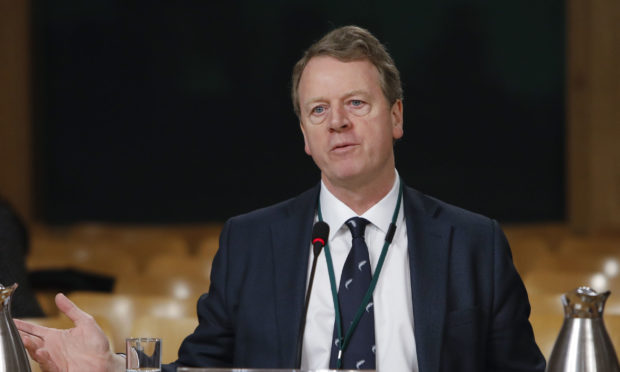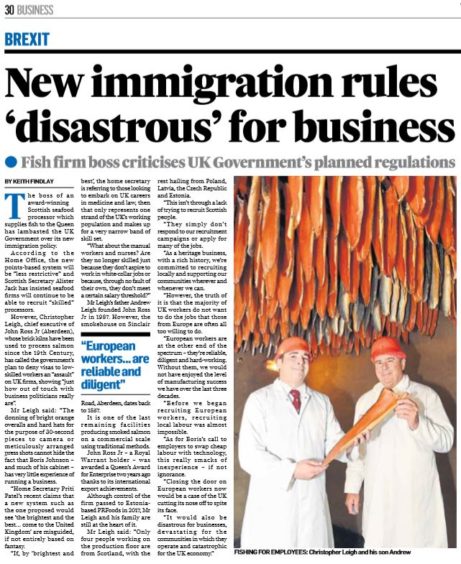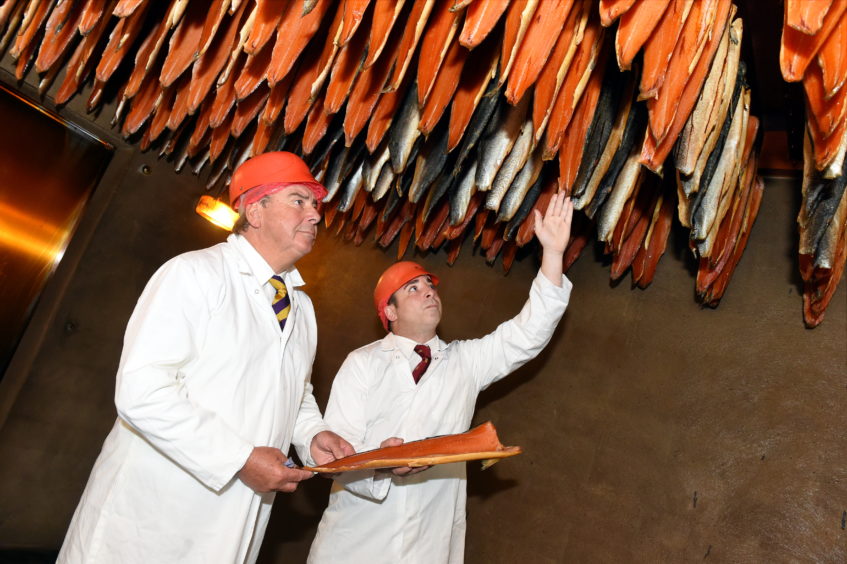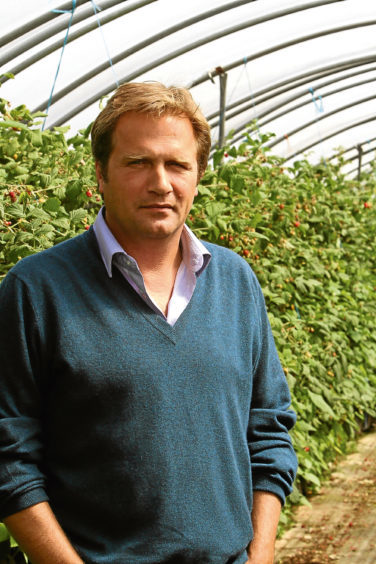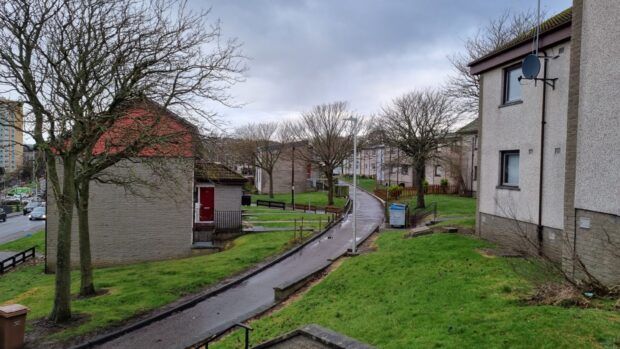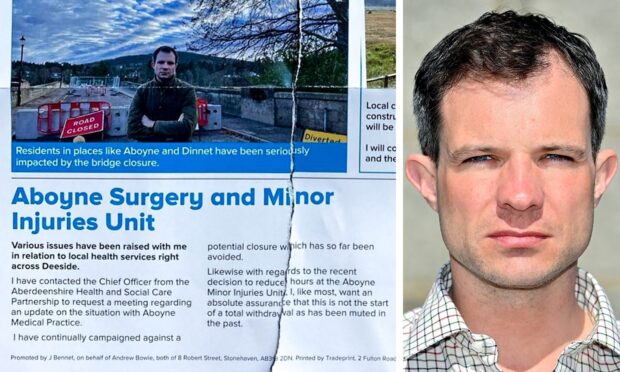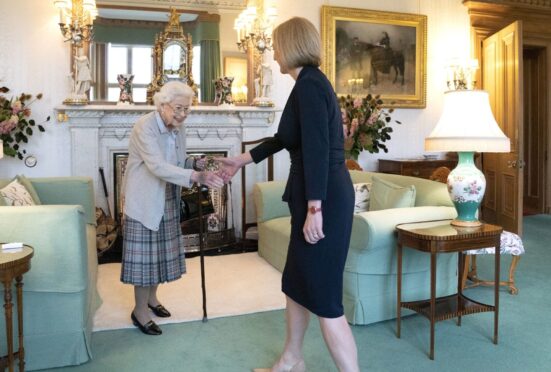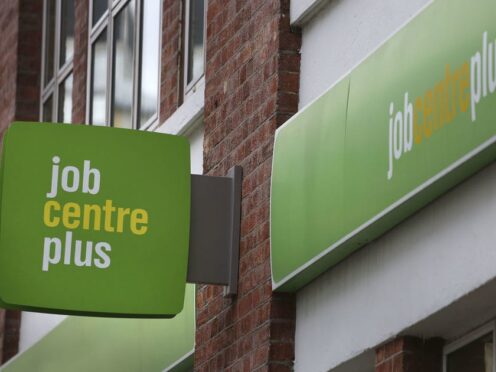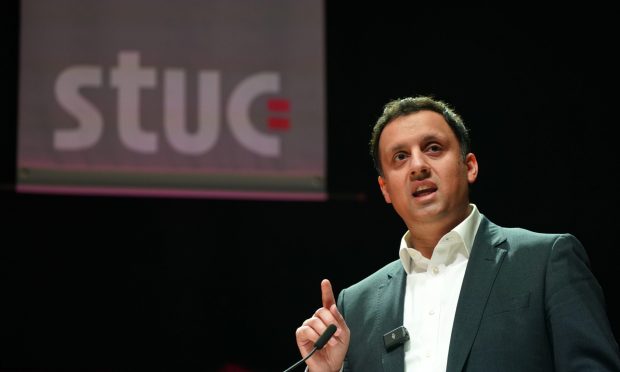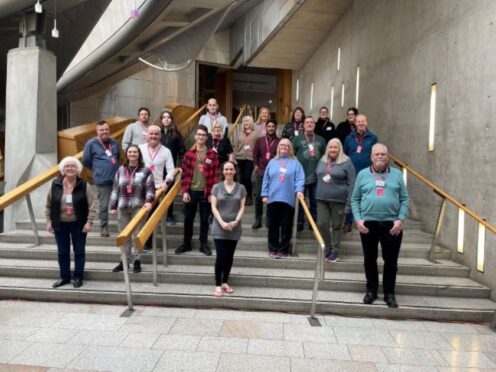The Scottish Secretary has been accused of showing a “total disregard” for business concerns north of the border after he suggested worries about worker shortages show a fear of having to pay higher wages.
Facing questions on Thursday morning from the Scottish Parliament’s culture, tourism, Europe and external affairs committee, Alister Jack was asked about a report in this week’s Press and Journal in which the boss of an Aberdeen seafood processing firm warned the UK Government’s plans for a points-based immigration system would be “disastrous” for businesses.
Mr Jack said industry leaders concerned about losing staff as a result of the scheme might consider paying workers “higher wages” so they would meet the minimum threshold.
Mr Jack admitted to the committee the new points-based system could cause “genuine difficulties” in parts of Scottish industry but thresholds would not be lowered and powers over immigration would not be devolved.
‘Pay workers more’
Earlier this week fish processing boss Christopher Leigh, chief executive of John Ross Jr (Aberdeen), called the government’s plan to deny visas to low-skilled workers an “assault” on UK firms.
Pressed on those comments, Mr Jack suggested Mr Leigh should “pay workers more” — a response dubbed “offensive” by the SNP.
Mr Jack said: “He might be upset he might have to pay a little bit more money going forward, but I am not going to apologise for that.
“I believe that if someone is standing in a cold fish processing factory they deserve to be paid more than £20,480 a year, which is above the National Minimum wage but below Scottish Living Wage.
“There has been a tendency in the past for us to bring in cheap migrant labour, and they’ve come on the basis that they get access to our NHS and our benefits system. We should be looking to raise wages.”
He might be upset he might have to pay a little bit more money going forward, but I am not going to apologise for that.”
Alister Jack
Christopher Leigh, CEO at John Ross, said the secretary’s comments showed a “total disregard” for Scottish business concerns.
He said: “Frustratingly, the secretary of state’s comments not only fail to address my original concerns, but they also provide yet another example of government failing to appreciate the real challenges associated with sourcing labour at a local level.
“In wrongly suggesting that John Ross is more concerned about having to pay its employees higher wages than having unfettered access to hard working and skilled people from overseas, the secretary of state has bypassed the heart of the issue.
“Overseas workers are vital for many Scottish businesses and play a critical role in supporting the regional economy. Today’s comments by the secretary of state demonstrate a total disregard for this.”
‘Offensive and deeply disappointing’
Annabelle Ewing, who raised the issue with Mr Jack at the committee meeting, said: “Alister Jack’s comments on people who have come to Scotland to live and work, who in turn contribute a huge amount to our economy, NHS, industry and communities, were offensive and deeply disappointing.
“Not only does Scotland benefit enormously culturally and economically from the contribution made by European Scots – to the tune of £4.4 billion each year – we also benefit from the opportunity that free movement gives Scots to live, work and study in other EU countries.
“The Tories are hell-bent on ripping up the rights of EU nationals by forcing through an immigration system which will negatively impact our economy and public services.
“It looks increasingly like the UK government has no understanding of the demographic issues that Scotland will face as a result of Boris Johnson’s hostile and insular plans, and has zero plans to act on the concerns raised by businesses across the country.
“The Scottish Secretary admitted that the UK government’s plans could cause ‘genuine difficulties’ for businesses and employers – he must urgently reveal his plans to solve those problems.”
Will tighter immigration controls lead to higher UK wages? Read more here
Angus fruit farm shortages
Mr Jack told the committee he had raised concerns on farm labourer shortages during cabinet meetings, including concerns raised by Angus soft fruit industry leaders.
A separate Scottish immigration system, Mr Jack claimed, was “not wanted” by business leaders.
“I raised my concerns around (the immigration system) for tourism, hospitality and agriculture and I will continue to raise my concerns about that,” he said.
“I have discussed the remote rural pilot. I will not go into details about what was said because they are work in progress. Stakeholders are unanimous in one thing, they do not want immigration to be devolved and I agree with them.
“The system needs to work for all regions of the UK and all four nations within the UK….it needs to work as well for the people of Somerset as it does in Angus.”
Seasonal scheme “not enough”
Lochy Porter, chair of Angus Soft Fruits, said the 10,000 workers set to be allowed to work on the seasonal scheme was “not enough” to satisfy Angus and Tayside’s labour shortage.
“It is not nearly enough,” he said. “In soft fruits alone we require about 3000-4000 workers each season, which is almost half the national total.
“There is a much bigger requirement for at least 70,000 workers to be allowed to come and pick fruit.
“We have had engagement with the government but there still does not seem to be an acknowledgement there will not be enough labour to support the industry.”
